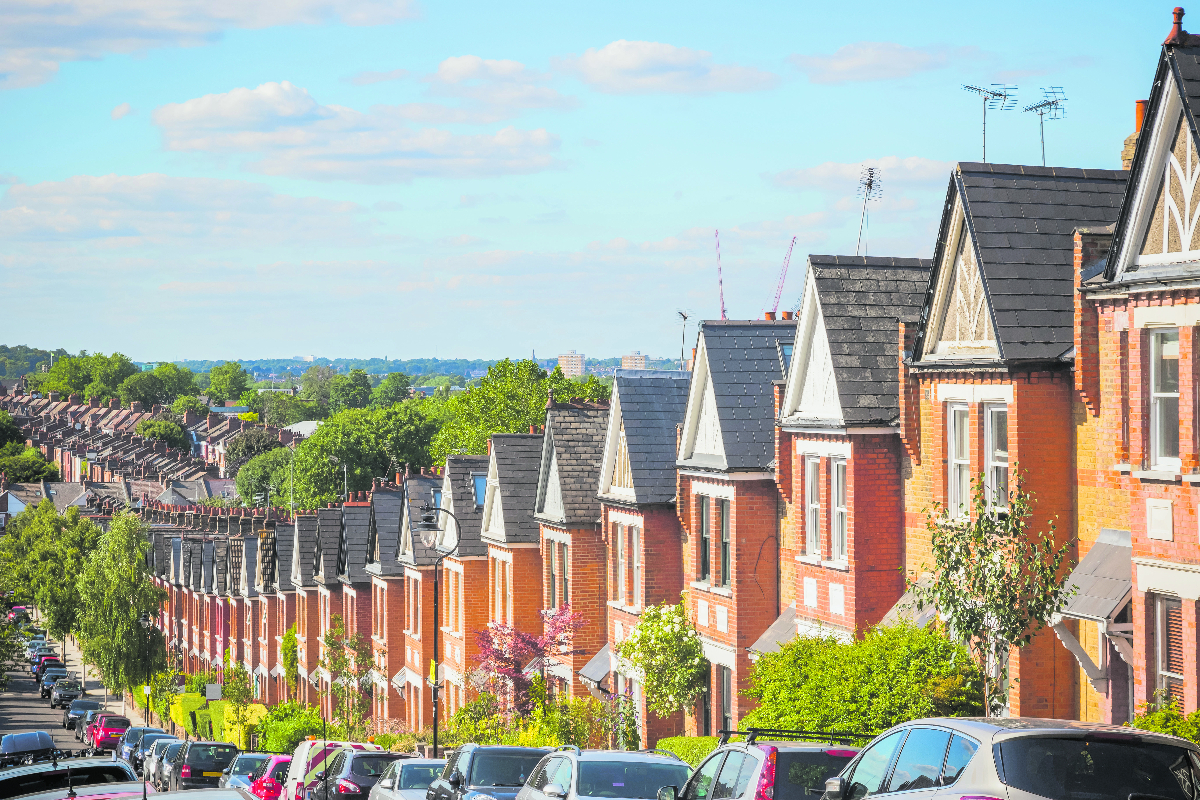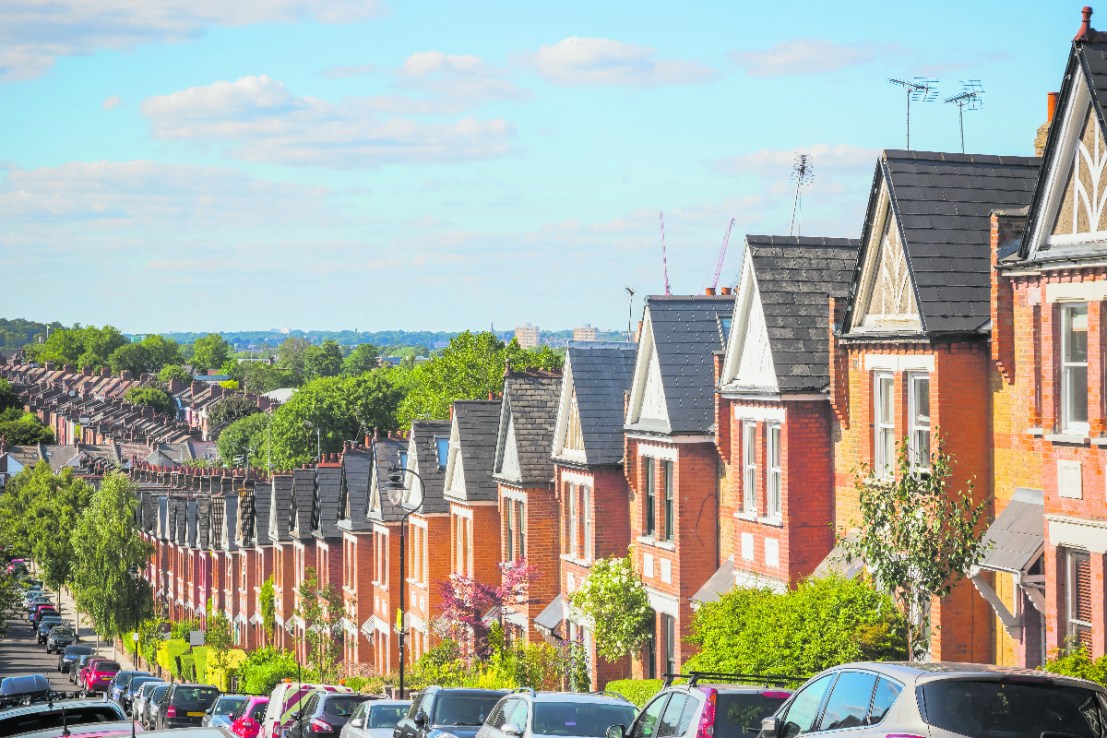Can the government tax its way to a building boom?
Labour have big plans for house building and infrastructure so what can we expect on property taxes in the Budget? Tim Sarson has the answers Cut through the post-election chatter about black holes and freebies and there is one theme that keeps coming up as a top political priority. Building things. I can’t remember a [...]


Labour have big plans for house building and infrastructure so what can we expect on property taxes in the Budget? Tim Sarson has the answers
Cut through the post-election chatter about black holes and freebies and there is one theme that keeps coming up as a top political priority. Building things. I can’t remember a time when a larger portion of government effort and punditry was devoted to our relationship with real estate. The new government is promising to build, build, build: more houses and more renewable infrastructure.
Like everything there is a tax angle. And the tax angle on property is important, because it has visible impacts on household structure, our high streets and local government finances. Expect this upcoming budget to feature more of interest in this area than usual.
Property taxation covers a multitude of things, so what are the options on the table come 30 October?
Stamp duty and Capital Gains Tax (CGT): we have an odd set of tax rules on the purchase and sale of houses in Britain. The exemption from CGT for principal private residences (PPR relief) means that for the vast majority of people, there is no tax to pay. PPR is the single biggest “non-structural relief” in our system, costing the exchequer £36.7bn in 2022/3. That’s one and a half black holes’ worth. By contrast when you buy a house you face an up-front Stamp Duty Land Tax (SDLT) up to several percent of the value of the property you are buying. So, we make property expensive to buy and cheap to sell.
Business rates: Labour promised to reform these in its manifesto. They are a long running bugbear of retailers and small businesses and reform has been regularly promised but not really delivered on, despite a major review in 2020/21 and a plethora of reliefs and other forms of tinkering during and after the pandemic. Property taxes overall may be a minor contributor to government revenue but according to the Institute for Fiscal Studies (IFS), in 2019 the UK had the second highest level of revenue from business rates or their equivalents in the Organisation for Economic Development (OECD), as a percentage of GDP.
Struggling high streets
Campaigners argue that rates give an unfair advantage to largely online businesses over struggling high street retailers, but this is contested. Even most small retailers operate online too of course, and there are wider societal and economic causes of our struggling high streets. They also argue that rateable value effectively turns people off investing in improvements. At least in theory they have a point.
There are a few directions the government could explore. An online sales tax was mooted, consulted on and dropped as impractical under the last government and is unlikely to be resuscitated. The Lib Dem manifesto proposed switching liability from the occupier to the owner and it’s possible this option will be on the table. And no doubt we’ll see more tweaks, to the process and frequency of revaluations and to the reliefs available.
Ask housing, economics or, indeed, many tax experts how to address the distortions in our property tax system and many will point to land value tax
Then there is council tax. It’s unclear whether we’ll be getting a proper overhaul anytime soon. Politicians have long memories stretching back to the poll tax in the late 1980s. But it needs reform. The bands are too wide, valuations are still indexed back to 1991, and the value-linkage punishes home expansion, extensions and conversions. Council tax is also often criticised as regressive.
Ask housing, economics or, indeed, many tax experts how to address the distortions in our property tax system and many will point to land value tax. Simply put, instead of what we have why not tax the underlying value of land?
There is a growing mass of research out there suggesting a GDP benefit and, in the UK context, potentially a boost to regional development. But don’t hold your breath.
But, while this looks likely to be an area of importance for this Budget, any radical overhaul of the system seems unlikely, for now. The government has plenty else on its to do list already, and property tax is not an area where you want to create new enemies. However that doesn’t mean it won’t be looked at, mentioned and tweaked, just maybe not the scale of other areas.
Tim Sarson is head of tax policy at KPMG

